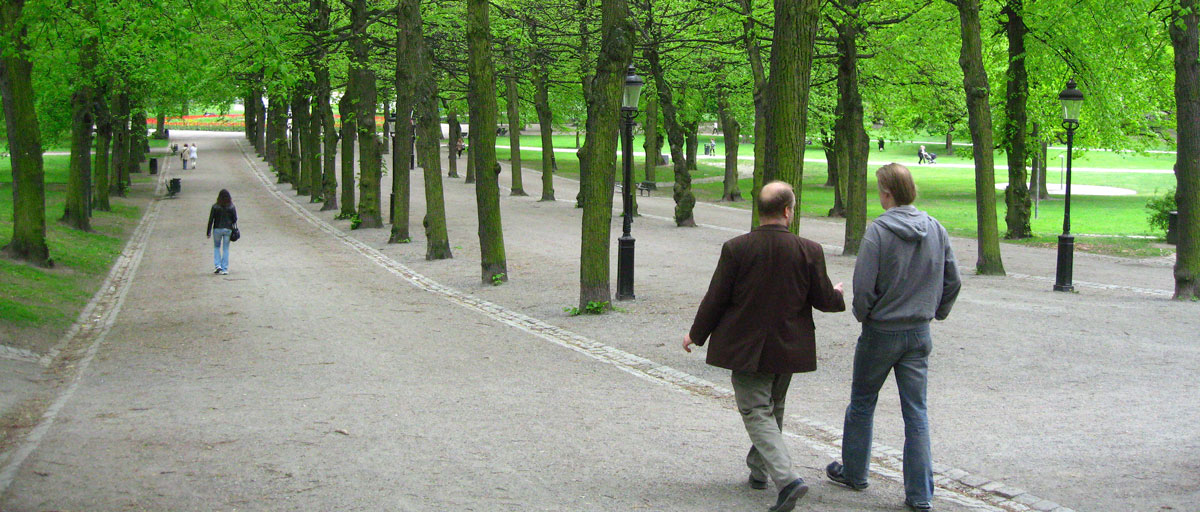An embodied perspective on the co-production of cultural ecosystem services: Toward embodied ecosystems
Summary
Despite arguments justifying the need to consider how cultural ecosystem services are co-produced by humans and nature, there are currently few approaches for explaining the relationships between humans and ecosystems through embodied scientific realism. This realism recognises that human-environment connections are not solely produced in the mind, but through relations among mind, body, culture and environment in time. Using affordance theory as our guide, we compare and contrast embodied approaches to common understandings of the co-production of cultural ecosystem services across three assumptions: 1) perspective on cognition; 2) the position of socio-cultural processes; and 3) typologies used to understand and value human-environment interactions. To support a deeper understanding of co-production, we encourage a shift towards embodied ecosystems for assessing the dynamic relations among mind, body, culture and environment. We discuss some of the advantages and limitations of this approach and conclude with directions for future research.







